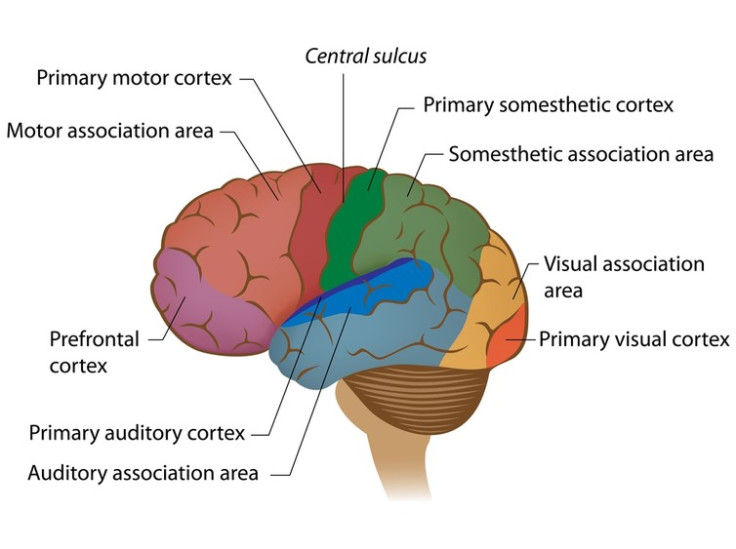Booze and cigs make you forget to quit drinking and smoking
Together they lead to memory issues, an impaired ability to think quickly and issues with problem solving.

Given that the New Year is here, now might be a good time to come up with a resolution to reduce your drinking, or stop smoking (or both). That is if you remember, of course.
Drinking excessive amounts of alcohol and smoking cigarettes together could be having a negative impact on your memory. In fact, the impairment associated with using both of these substances is greater than the single use of either substance – a double whammy.
Prior research has established that drinking alcohol in excess (more than 14 units a week, or binge drinking in excess of six units for females and eight for males in a single session) and smoking is associated with a variety of negative health and memory outcomes.
One part of memory that is negatively affected by alcohol and cigarette use is prospective memory. Prospective memory involves planning and remembering future activities, such as remembering to meet with friends at a specific place or time, or remembering to take medication on time.
Excessive alcohol use can damage prospective memory. In one study, when participants were asked to carry out specific tasks, such as handing the researcher a book after a cue from the environment or to call the garage at a specific time, binge drinkers remembered to carry out fewer actions than those who do not binge drink. A similar pattern is evident in smokers. Regular daily smokers remember to carry out fewer memory actions, compared with those who have never smoked.
Not only does drinking excessively and smoking impair memory when used separately, when used together they intensify the effect. Smoking has been found to worsen the memory in those who drink alcohol in excess. Those who both drink and smoke have more memory issues, an impaired ability to think quickly and efficiently and have greater issues with problem solving. Also, those who are dependent on alcohol and also smoke cigarettes suffer more brain damage than those who do not smoke. These people show more cortical thinning in the frontal region of the brain – a region of the brain that is important for memory.

As people tend to drink alcohol and smoke together, we investigated the combined (polydrug) effect of these two substances on prospective memory. To do this we recruited four groups: excessive drinkers who do not smoke; smokers who do not drink excessively; people who both smoke and drink excessively (polydrug group); and a low-alcohol, non-smoking control group. Participants were tested on their ability to remember six actions. For three of these, the participant was asked to carry out a task at a specific time (for example: "In seven minutes, I would like you to change the pen you are using"). For the other three actions participants were asked to carry out a task in response to a cue (for example, "When you come to a quiz question about 'Eastenders' I would like you to give me this book"). Participants were asked to remember these while completing a set of puzzles.
Our analysis of the results showed that the polydrug group (people who both smoke and drink excessively) had a greater impairment than the excessive drinkers and smokers combined. This suggests that there is something that happens when using both of these substances which negatively impacts memory.
Our study is the first to show this effect for prospective remembering. This finding is important because it highlights that prospective memory may be compromised by the combination of excessive drinking and cigarette smoking.
It is our hope that the findings uncovered here will help to improve our understanding about the dangers of excessive drinking and smoking beyond the health concerns usually highlighted in public health warnings.
This research highlights the dangers of combined heavy alcohol use and smoking in relation to everyday memory, in this case prospective memory. If you're considering what your New Year's resolution should be this year, why not give up booze or cigarettes in the New Year. You might even want to consider giving up both.
Anna-Marie Marshall is a PhD researcher and demonstrator at Northumbria University. Colin Hamilton is Senior Lecturer in Cognitive Psychology at Northumbria University. Tom Heffernan is Programme Leader in Psychology with Criminology at Northumbria University
This article was originally published on The Conversation. Read the original article.


© Copyright IBTimes 2025. All rights reserved.






















